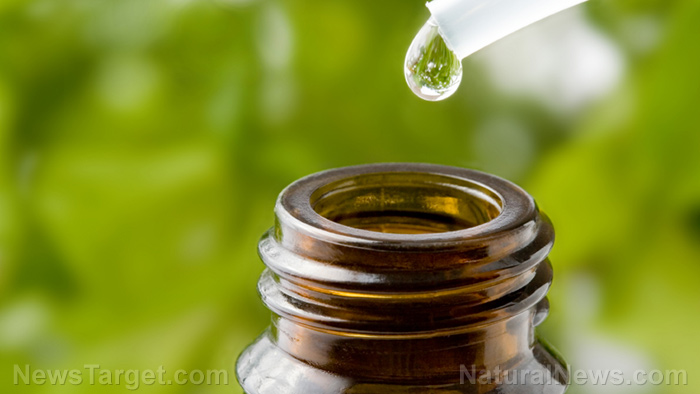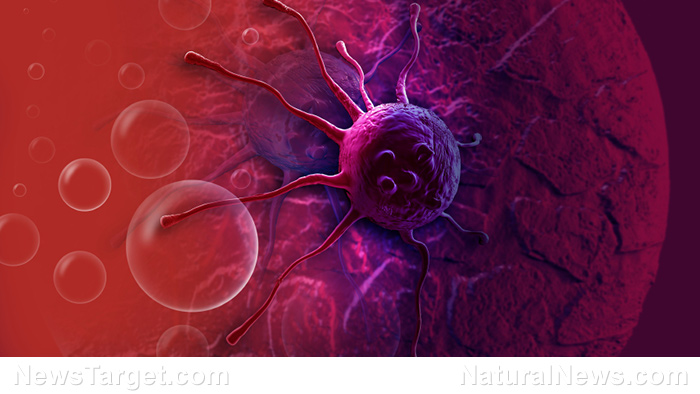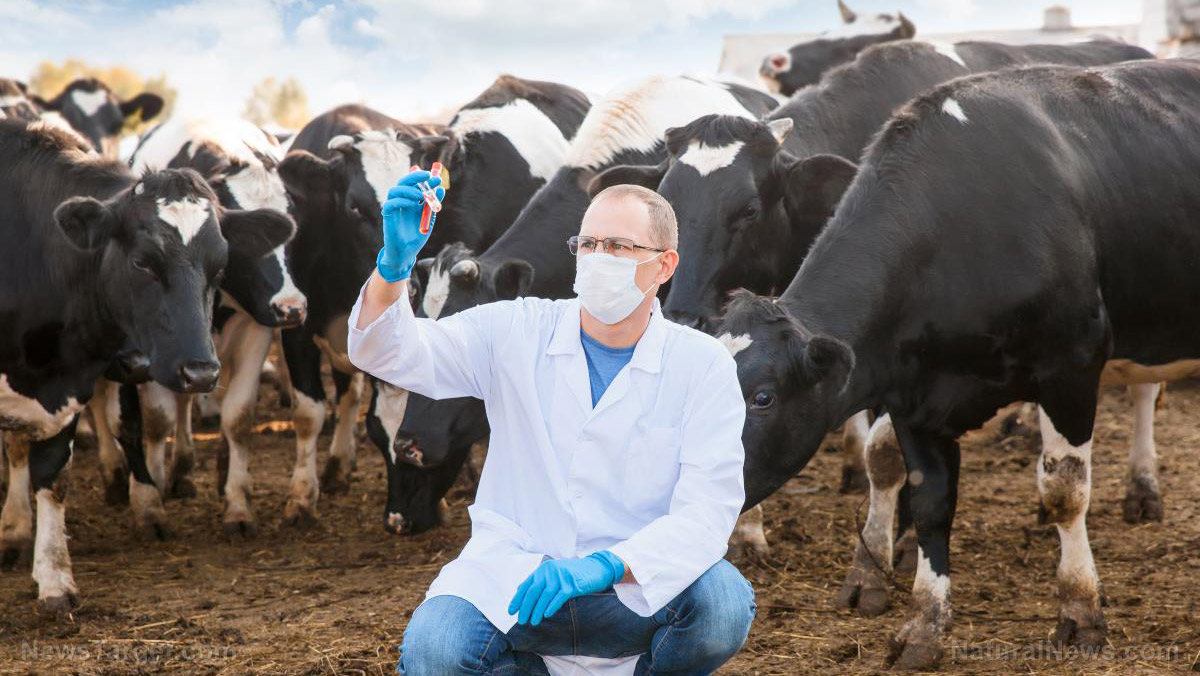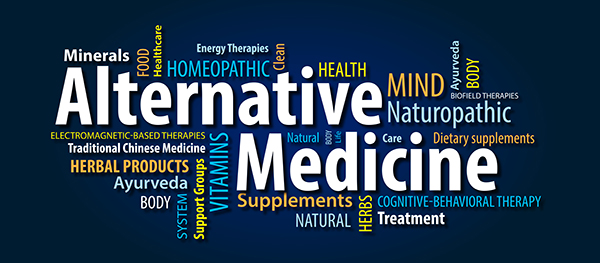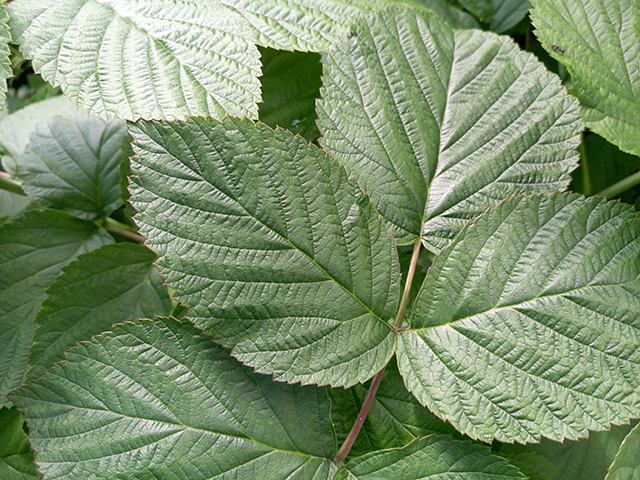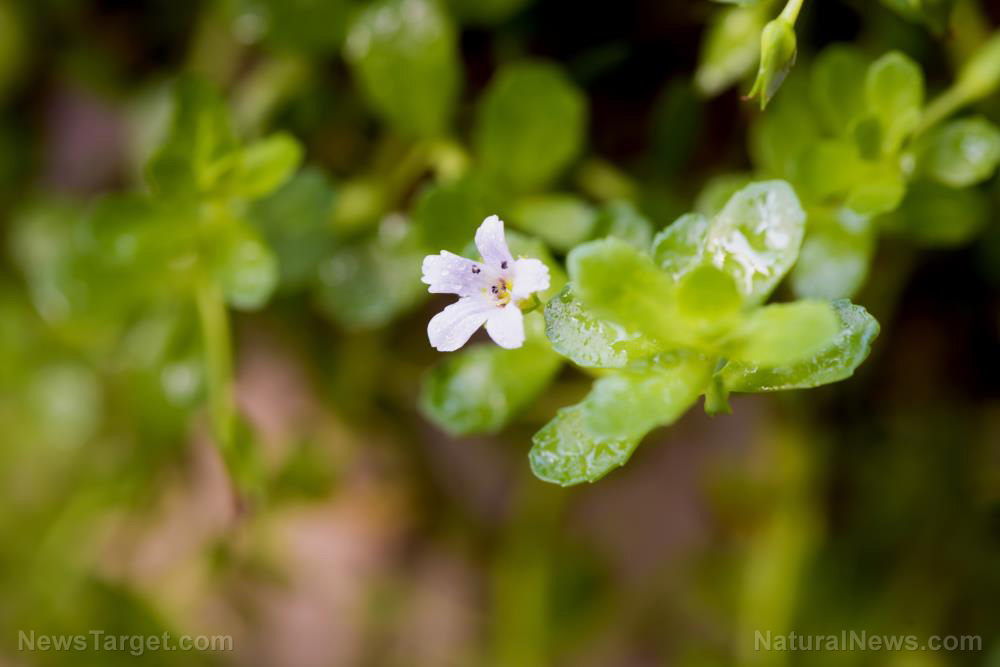Dill: An ancient superfood with modern healing powers
04/30/2025 / By Ava Grace
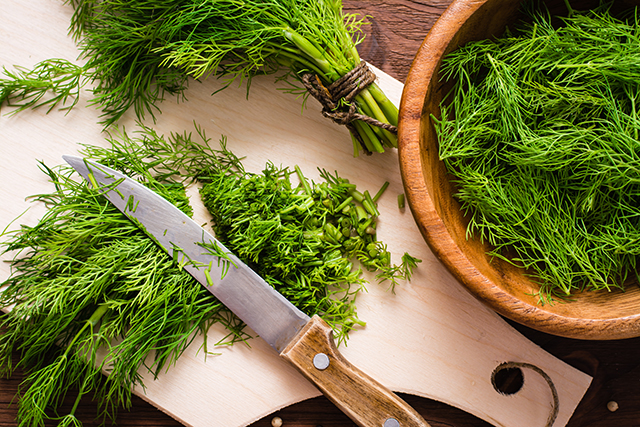
- Dill has been used as a natural medicine for over 5,000 years. It was valued by the ancient Egyptians, Greeks and Romans for its symbolic and medicinal properties which include digestive relief and protection against ailments.
- Packed with flavonoids, monoterpenes, polyphenols, vitamins and minerals, dill can support immunity, heart health, digestion and bone strength.
- Studies suggest dill can aid digestion, reduce inflammation, regulate blood sugar, exert antimicrobial effects and promote cardiovascular and bone health.
- Dill can be consumed in the form of tea, tincture or essential oil for therapeutic purposes.
- Dill remains globally cultivated and culturally significant, blending folklore with science. Its dual role as a flavor enhancer and functional food aligns with contemporary wellness trends.
Dill (Anethum graveolens) has been revered for centuries as a culinary staple and medicinal powerhouse. Native to North Africa, Iran and the Arabian Peninsula, this delicate herb now thrives across Eurasia and beyond. With its feathery green fronds and distinctive tangy-sweet flavor, dill has earned its place among superfoods for its impressive nutrient profile and health benefits.
Brief history of dill
Dill’s history stretches back over 5,000 years, with ancient Egyptians using it as a natural remedy for digestive ailments and as a symbol of vitality. The ancient Greeks and Romans burned dill seeds as incense and incorporated the herb into wreaths for its purported protective properties. By the Middle Ages, dill had spread throughout Europe, where it was used to ward off witchcraft and soothe colicky infants. (Related: The nutritional profile of dill.)
Today, dill is cultivated globally, with major producers including India, Pakistan and European nations like Hungary and Poland. Its resilience in various climates has made it a food garden favorite, ensuring its continued prominence in both traditional and modern wellness practices.
Dill is known by various names, such as sowa (Hindi), shivit (Hebrew), aneth (French) and eneldo (Spanish). The herb’s bright green, thread-like leaves and small yellow flowers give it a delicate appearance. Its flavor is fresh and slightly citrusy with a hint of anise, while the seeds are more pungent and earthy.
In Scandinavian folklore, dill was believed to protect against evil spirits. Brides would tuck dill sprigs into their shoes for good luck, while mothers placed it in cradles to ward off illness. This blend of myth and medicine underscores dill’s enduring cultural significance.
Phytonutrients and health benefits
Superfoods are nutrient-dense foods known for their health-supporting properties, and dill fits the bill perfectly. Rich in phytonutrients and essential nutrients, it offers a range of therapeutic benefits.
Key bioactive compounds in dill include:
- Flavonoids (quercetin, kaempferol) – Compounds that combat inflammation and oxidative stress
- Monoterpenes (carvone, limonene) – Compounds that support digestion and have anticancer properties
- Polyphenols – Compounds that enhance cardiovascular health
- Vitamins A and C – Essential nutrients that bolster immunity and boost skin health
- Calcium, iron and magnesium – Essential minerals that support bone and blood health
Research suggests these phytonutrients contribute to dill’s ability to aid digestion, reduce inflammation and regulate blood sugar levels. Here are some more science-backed benefits of dill:
- Digestive support – Dill’s carminative properties help relieve bloating, gas and indigestion. Traditional medicine often employs dill water for infant colic.
- Antimicrobial effects – Dill essential oil exhibits antibacterial and antifungal activities that can help fight infections.
- Blood sugar regulation – Some studies indicate dill may help lower blood glucose levels, benefiting those with diabetes.
- Heart support – The herb’s flavonoids and potassium content can support healthy blood pressure and circulation.
- Bone support – The calcium and magnesium in dill can help you maintain optimal bone density.
Beyond seasoning, dill is consumed in the form of tea, tincture and essential oil for therapeutic purposes. Dill water, made by steeping dill seeds in hot water, remains a popular remedy for digestive discomfort. Dill leaves, which are rich in chlorophyll, can be added to green juices for detoxification.
Dill-infused recipes to try
Here are five recipes that feature dill as an ingredient:
- Creamy dill salmon – Fresh dill is mixed into a yogurt or sour cream sauce, then baked with salmon for a heart-healthy dish.
- Dill pickles – Cucumbers are fermented with dill seeds and garlic, creating a probiotic-rich snack.
- Greek tzatziki – Dill adds brightness to this yogurt-cucumber dip — perfect for pairing with grilled meats.
- Dill and potato soup – Fresh or dried dill enhances this comforting, nutrient-packed soup.
- Quinoa and dill salad – Toss cooked quinoa with chopped dill, lemon and olive oil for a refreshing side dish.
As modern diets shift toward functional foods, dill’s dual role as a flavor enhancer and health booster makes it more relevant than ever. Its historical use in traditional medicine is now being validated by scientific research, reinforcing its status as a superfood.
For those seeking natural ways to enhance wellness, dill offers an accessible, flavorful and nutrient-rich option. Whether sprinkled over a meal or brewed into a healing tea, this ancient herb continues to prove its worth in contemporary health practices.
This story is not medical advice and is not intended to treat or cure any disease. Always consult with a qualified naturopathic physician for personalized advice about your specific health situation or concern.
For more fascinating stories about superfoods, visit NaturalNews.com. It’s a treasure trove of articles that will deepen your understanding of the healing power of food.
If you’re into cutting-edge technology with a health twist, try Brighteon.ai. Created by Mike Adams, the Health Ranger, this AI model is a free download that you can run on your own device. It’s all about sharing knowledge freely and bypassing the filters of censorship.
And if you’re looking for a place to openly discuss everything from nutrition to natural remedies, Brighteon.com is your go-to site. Don’t forget to check out our free speech social media platforms, Brighteon.IO and Brighteon.social, where the conversation is always lively and uncensored.
Watch this video about the health benefits of dill.
This video is from the Holistic Herbalist channel on Brighteon.com.
More related stories:
Dill: The ancient herb with modern healing powers.
Science-backed health benefits of the ancient herb DILL.
Sources include:
Submit a correction >>
Tagged Under:
Dill, food cures, food is medicine, food science, functional food, grocery cures, healing, health science, herbal medicine, Herbs, ingredients, natural cures, natural health, natural medicine, organics, phytonutrients, remedies
This article may contain statements that reflect the opinion of the author


